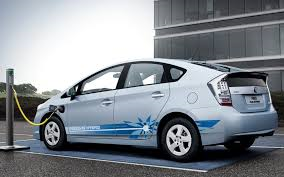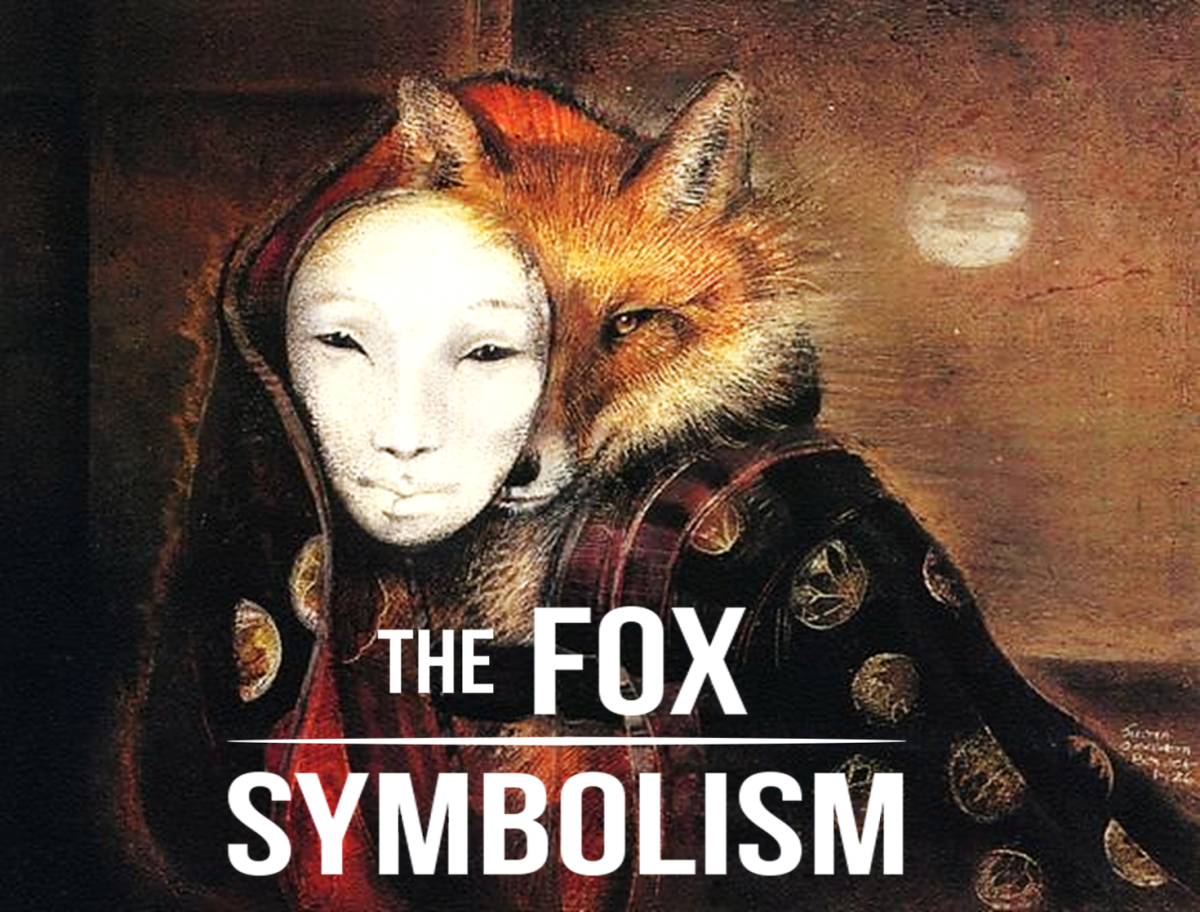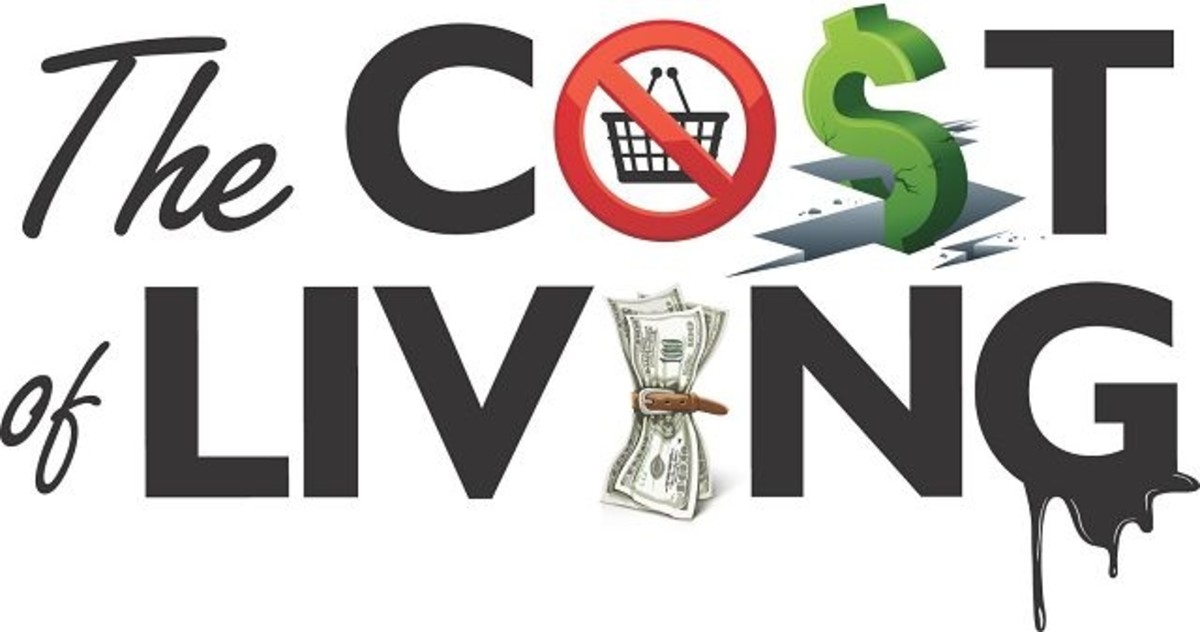What Would Jesus Drive?: A Speculative Essay

Good Day honghahnvt1182! How's it going?
Thank you for the question: Is being born a gift or a curse?
Let's see if we can make this relatively short, sweet, and painless.
Now then, I read the rest of the question, honghahnvt1182, and what it boils down to is the fact that different people and different groups of people have different qualities of life, in material terms. Given this, it would seem that the most likely answer to your question is: neither. Being born into life is neither a gift ('blessing') or curse, certainly not if one wants to assign a volitional role to a "God" in doling out 'curses' and gifts ('blessings). This is true because, on a finite world with finite resources no Supreme Being, or anyone else, can 'bless' or 'curse' in a vacuum.
That is to say, one cannot bless (or 'gift') these people over here (if that is the primary, conscious intent) without simultaneously 'cursing' that group of people over there. Does that make sense? One simply cannot 'curse' that group of people over there (even if that is the primary, conscious intent) without consequently---that's CONSEQUENTLY---'blessing' (or 'gifting') this group of people over here (even if it was never your intention to bless x group of people).
In other words, if you (say, a government entity) takes something (say, land) from somebody (eminent domain, for example), it doesn't just go into limbo or the Phantom Zone or something like that. No, somebody (say, a corporation) gets that land. The former group of people are 'cursed' to the extent that something is taken away from them; and the latter group of people are 'blessed' in that something is given to them (at a bargain basement price, no doubt), which, somehow, contribute to further accumulation of wealth on behalf of the board of directors of the company and its top executives including the CEO, yes?
For example, it seems that two American historians made a study of the British colonial experience. What they found was that while wealthy investors profited from investing in overseas colonies, the middle class only got tax bills that supported the vast military apparatus needed to maintain the empire (1).
The point is simply that wealthy investors profited and the middle class paid. But what we must see, here, is that the wealthy investors profited because the middle class paid. Therefore the wealthy investors were 'blessed' because the middle class were 'cursed.'
Author David C. Korten wrote: "Just as wealthy countries import resources when their demand exceeds their own limit, they export their surplus wastes. Indeed, waste disposal practices reveal with particular clarity the relationship between power and the allocation of environmental costs" (2).
He continued: "Adding insult to injury, the rich commonly point to the miserable environmental conditions in which the poor sometimes live as proof that the poor are less environmentally responsible than themselves" (3).
Stay with me. Globalization
By the mid-1990s, Japan had reduced its domestic aluminum smelting capacity from 1.2 million tons to 140,000 tons, and was importing 90 percent of its aluminum. Now then, the Phillipine Associated Smelting and Refining Corporation (PASAR) operated a Japanese-financed and constructed copper smelting plant in the province of Leyte, to produce high-grade copper cathodes for shipment to Japan (4).
This plant occupied 400 acres of land expropriated (or 'eminent domained') by the Phillipine government from local residents at 'give-away' prices. Furthermore, gas and water emissions from the plant had high concentrations of boron, arsenic, heavy metals, and sulfur compounds that have contaminated local water supplies, reduced fishing and rice yields, damaged the forests, and increased the occurrence of upper respiratory diseases among the local residents (5).
What do we have here, then?
Notice:
1. The environment of Japan was 'blessed' only because another, lower wealth country in the world was found that could be environmentally 'cursed,' that country being the Philippines.
2. And yet, the Japanese workers who formerly held those manufacturing jobs, were 'cursed,' in that they lost those jobs when aluminum smelting capacity was drastically reduced at home.
3. On the other hand, it would appear that just as Japanese workers were being 'cursed,' in losing their jobs in aluminum smelting, Philippine workers were being 'blessed' as the Japanese increased copper smelting capacity in the Philippines.
4. But then again, I would imagine that the 'blessing' (or 'gift') given to Philippine workers, is at least somewhat offset by the fact lots and lots and lots of Philippine citizens lost their land at bargain basement prices, 'give-away' prices, meaning that it is likely that they were not justly compensated.
5. Japanese health potential seems to have been positively impacted or 'blessed' (or 'gifted') with the reduction of aluminum smelting capacity in-country, only to apparently negatively impacted, or 'cursed,' the health potential of, perhaps, millions of Philippines's citizens.
6. The reduction of fish and rice yields in the Philippines, as a result of all of this, seems to be an additional 'curse' (a potential increase in hunger) effectively visited upon the Philippines.
And so on and so forth.
What we're looking at here is a complicated pattern of interactive, overlapping 'blessings' and 'curses.'
Okay, you may want to say that "God" is the kind of Supreme Being who can walk and chew gum at the same time. "God" is the kind of Supreme Being who can simultaneously 'bless' (or 'gift') one group of people over there and 'curse' another group of people over here.
Maybe. But the problem with that analysis is that there are observed, very long-term patterns of resource distribution among global hemispheres, among countries, among socioeconomic classes within and across countries that make one ask: When does the statute of limitations run out on whatever 'sin' the ancestors of those people committed, so that there present descendants can get some ever loving relief from hellish poverty, disenfranchisement, and misery? When does the mileage run out on whatever good deed the ancestors of this group did to bring a slowdown, if not a halt, to this uninterrupted period of cosmically staggering wealth and power?
One more thing
A study was executed by one William Rees, an urban planner at the University of British Columbia at the time. Rees estimated that 4 to 6 hectares of land are needed to maintain the consumption of the average person living in a high-income country; and that's including the land required to maintain current levels of energy consumption using renewable energy supplies. However, in 1990, the total available ecologically productive land area (land capable of generating consequential biomass) in the world was only an estimated 1.7 hectares per capita (6).
David C. Korten again: "The deficit of the industrialized countries is covered in part by drawing down their own natural resource stocks and in part through trade that allows them to expropriate the resources of lower income countries" (7).
William Rees estimated that the population of the Netherlands consumes the output equivalent to fourteen times as much productive land as is contained within its own borders (8).
And speaking of the Netherlands, that is said to be the fourth happiest nation in the whole wide world, according to a United Nations report (9). The fact that it uses the equivalent of fourteen times the land contained within its own borders must provide a substantial foundation for a societal feeling of well being.
Thank you for reading.
References
1. Korten, David C. When Corporations Rule the World. Berret-Koehler & Kumarian Press, 1995. 28
2. ibid, 30
3. ibid, 31
4. ibid
5. ibid
6. ibid, 33
7. ibid
8. ibid
9. Retrieved 12/10/2014 http://www.dutchdailynews.com/netherlands-4th-happiest-nation-in-the-world/; http://www.iamexpat.nl/read-and-discuss/expat-page/news/netherlands-fourth-happiest-nation





